
By JP FABRI
Pope Francis, who passed away leaving behind a profound global legacy, was more than a spiritual leader. He was a moral economist, a voice for the voiceless in a world increasingly divided by wealth and opportunity.
XHis vision—rooted in human dignity, solidarity and care for the most vulnerable—offers enduring lessons for Africa’s development journey and the wider quest for a more just global order.

Though Africa is home to a rich tapestry of faiths—Christianity, Islam, traditional religions and beyond—the core messages Francis championed transcend doctrinal boundaries. His focus on dignity, inclusion, environmental stewardship and economic justice resonates with universal human aspirations.
In a continent grappling with rising inequality, demographic pressures and environmental vulnerability, the “Economy of Francis” offers not only inspiration but a practical framework for transformation.
At the heart of Pope Francis’ economic thinking was a critique of what he called the “economy of exclusion”. In his seminal encyclicals Laudato Si’ and Fratelli Tutti, and through global initiatives like the Economy of Francesco movement, he challenged leaders to rethink models of growth that leave millions behind.
For Africa, where despite economic growth poverty remains widespread and inequality is rising, this critique is particularly relevant.
Francis called for an economy that serves people, not the other way around. He denounced the “throwaway culture” that discards lives deemed unproductive; and insisted that markets must be governed by ethics, not efficiency alone.
In Africa, this principle speaks to the urgent need to design economies that are inclusive—economies that move beyond extractive models toward systems that build human capabilities, create dignified work and respect communal bonds.
His call for an “economy with a soul” challenges Africa’s policy-makers, business leaders and youth to ask deeper questions: Growth for whom? Progress at what cost? Development cannot be reduced to GDP figures while millions remain excluded from opportunity. True development, in Francis’ vision, must be integral—addressing economic, social, cultural and environmental dimensions together.
Pope Francis also placed special emphasis on the environment, warning that we cannot separate social justice from ecological justice. Africa, which contributes the least to global emissions yet suffers some of the worst effects of climate change, stands at the crossroads of this reality.
From droughts devastating farmers to rising sea levels threatening coastal cities, environmental degradation is not an abstract issue—it is a lived experience. Francis’ call for a “care for our common home” aligns closely with Africa’s own indigenous traditions of harmony with nature, offering a potent moral and political argument for sustainable development pathways.
In a world increasingly dominated by short-termism, Francis urged a return to long-term thinking and community-centred action.
His push for regenerative agriculture, clean energy transitions and responsible consumption patterns offers Africa a blueprint for growth that does not replicate the mistakes of industrialised economies.
It invites African nations to leapfrog to a green economy—not as a matter of compliance with global agenda, but as a matter of self-determination and survival.
Another key pillar of Francis’ economic legacy is solidarity—not charity, but genuine fraternity among peoples. He consistently reminded the world that we are interconnected, that global inequalities are not accidents but the result of deliberate choices and structures.
Africa’s marginalisation in global trade, finance and governance systems echoes this reality. Whether in vaccine apartheid, unfair debt structures or restrictive trade regimes, Africa has too often been treated as peripheral to global decision-making. Francis’ message calls for a radical rebalancing—one where African voices are heard and African agency is respected.
Perhaps nowhere was Francis’ solidarity more visible than in his encounters with migrants and displaced people. His repeated visits to refugee camps, his symbolic gestures—such as washing the feet of migrants—sent a powerful message: those on the margins are not problems to be managed but persons with inherent dignity.
In Africa, where forced displacement due to conflict, climate and economic hardship remains a major issue, his example calls for policies that are humane, inclusive and grounded in the protection of rights.
Importantly, Francis did not see economic reform as the responsibility of governments alone. He consistently called upon youth, entrepreneurs, academics and grassroots communities to be protagonists of change.
His Economy of Francesco initiative, which gathered young economists and change-makers from around the world—including many from Africa—embodied this spirit of co-creation.
Africa’s vibrant youth population, its entrepreneurs, its social innovators are central to building the kind of economy Francis envisioned: one that is entrepreneurial but ethical, dynamic but deeply human.
His approach offers a quiet but radical challenge to prevailing models of development assistance. Rather than seeing Africa as a passive recipient of aid, Francis’ vision encourages seeing Africa as a co-creator of new economic paradigms—paradigms rooted in solidarity, sustainability and shared humanity.
His emphasis on listening, on dialogue and on the primacy of local realities over imported models offers valuable guidance at a time when Africa is seeking to define its own pathways.
Pope Francis’ legacy, then, is not one confined to religious institutions. It is a living call for economic transformation that serves the human person in his or her totality. His messages echo across faith lines and political ideologies because they tap into something fundamental: the desire for dignity, fairness and a future built on hope rather than fear.
As Africa navigates a rapidly changing world—climate stress, geopolitical realignment, technological upheaval—the need for a new economic imagination is more urgent than ever. Pope Francis’ vision offers a profound contribution to that reimagining.
It reminds us that development is not just about building roads, growing GDP or attracting investment, though these are important. It is ultimately about building societies where every person can live with dignity, where prosperity is shared and where the natural world is protected as a common heritage.
In remembering the legacy of Pope Francis, Africa is invited not just to mourn a moral leader but to carry forward a living challenge: to build economies that are worthy of its people, that nurture rather than discard, and that recognise that in lifting up the least, we lift up the future of all. In the end, the Economy of Francis is not a doctrine. It is an invitation—one Africa is uniquely positioned to answer.
>>>the writer is an applied economist and an Africa-focused entrepreneur. He can be reached via [email protected]
The post Chris Koney’s column: The economy of Pope Francis: A legacy for Africa’s dev’t appeared first on The Business & Financial Times.
Read Full Story


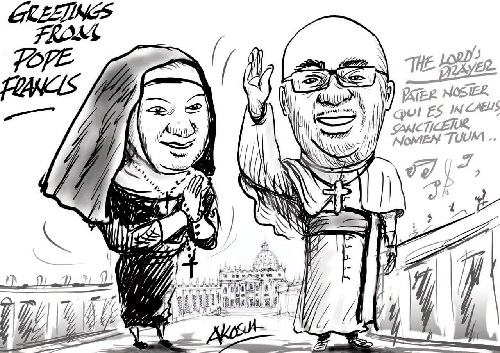



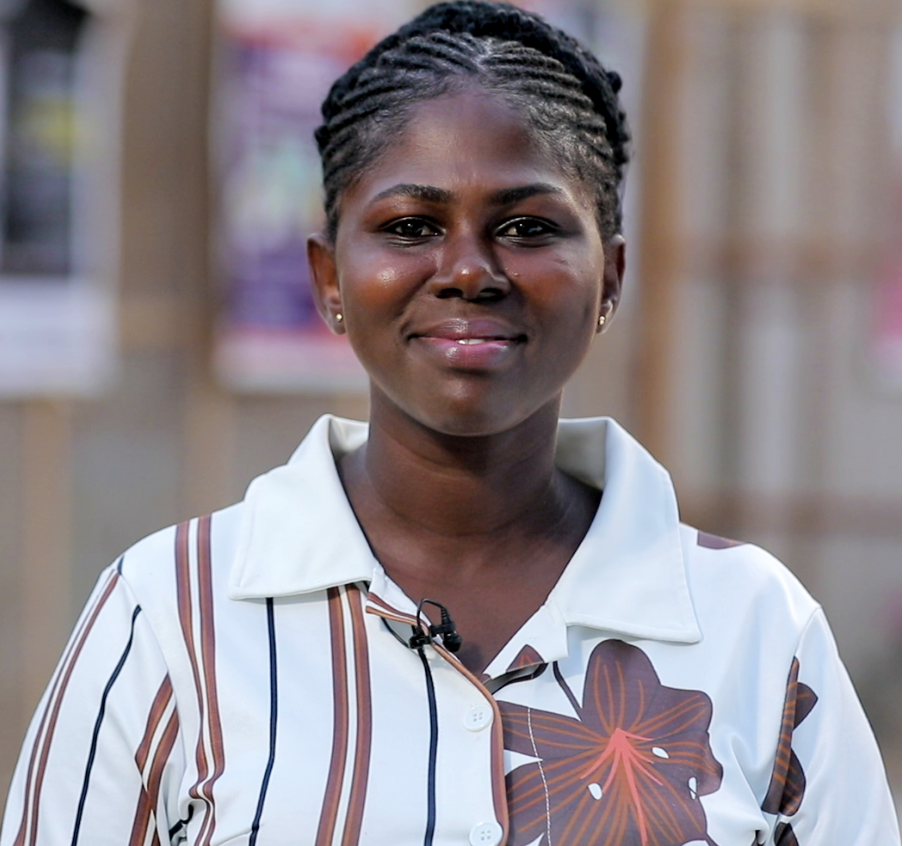


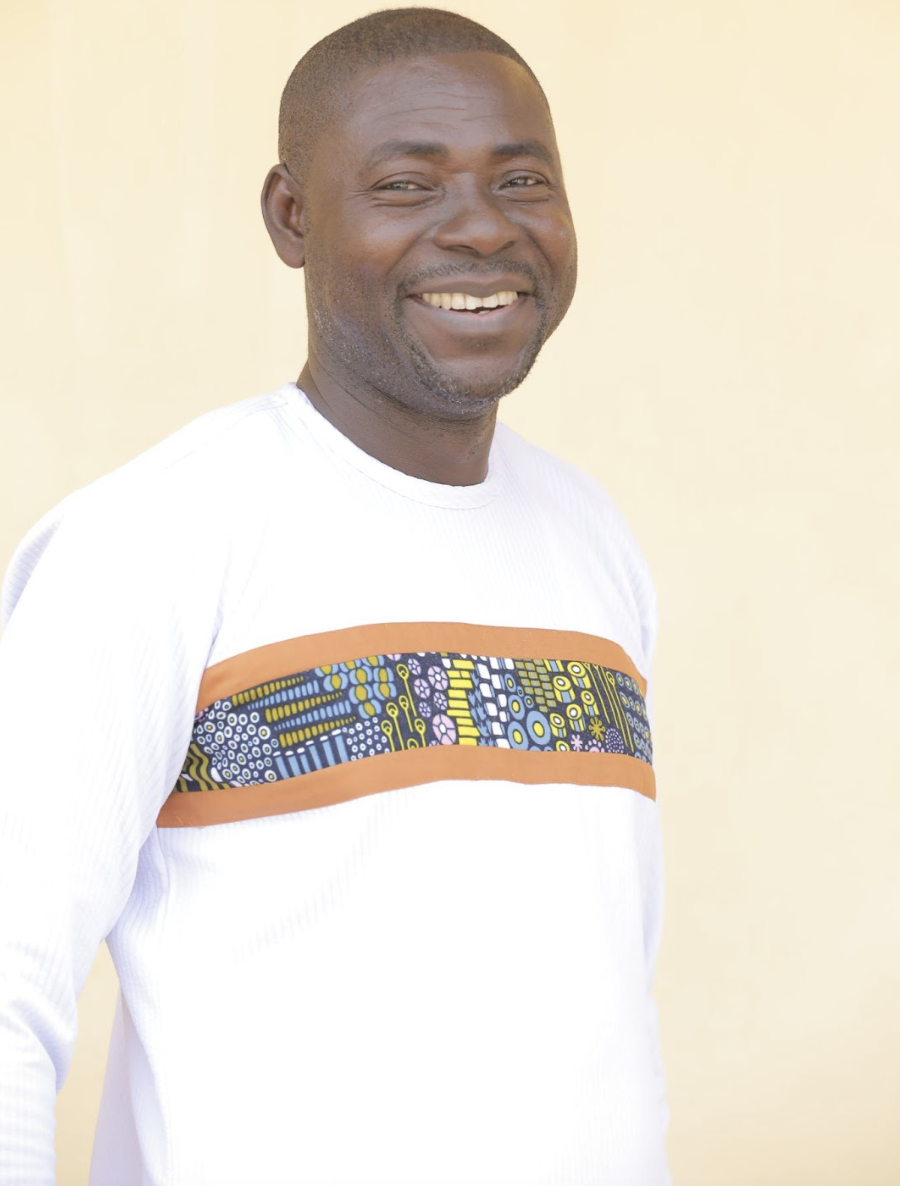


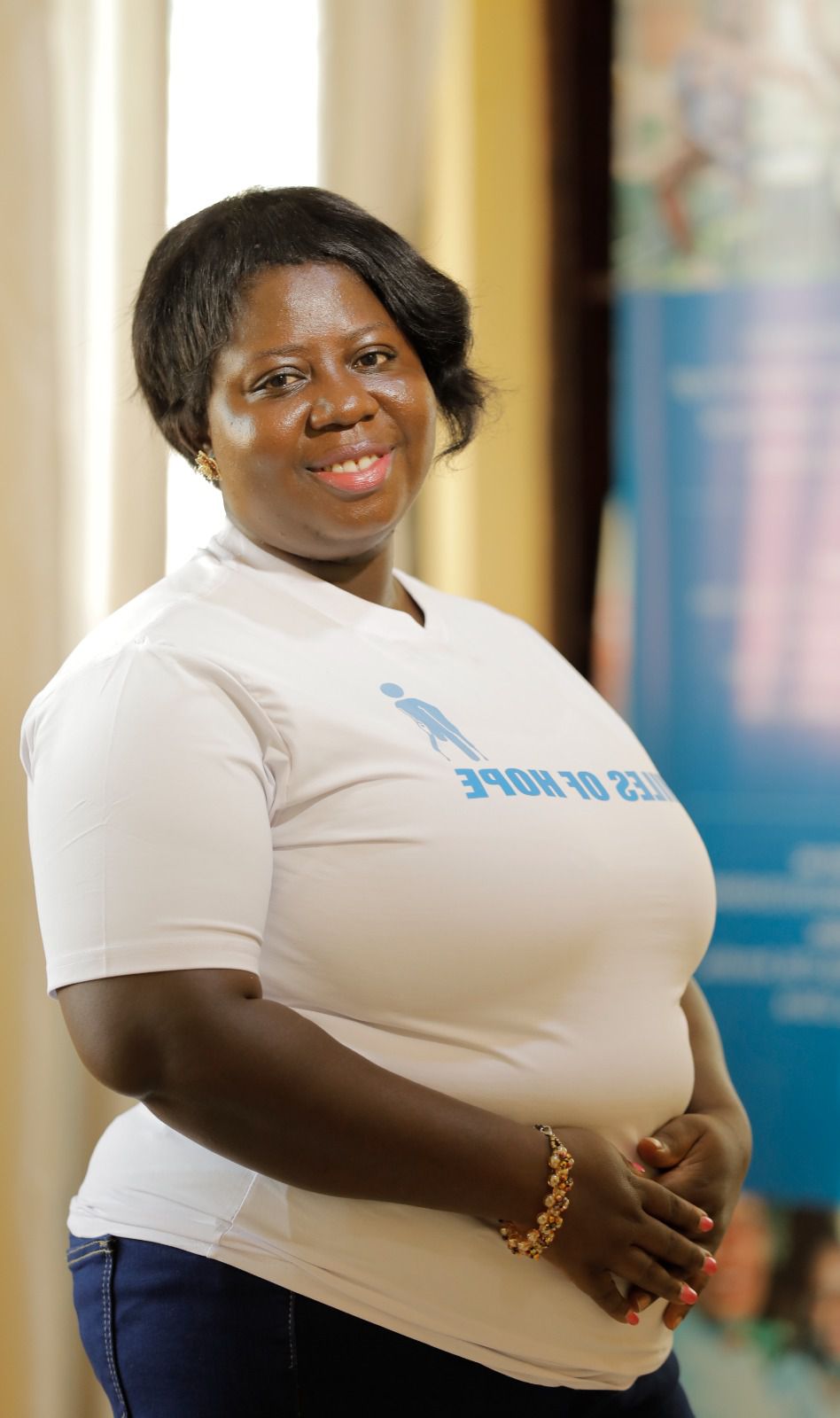
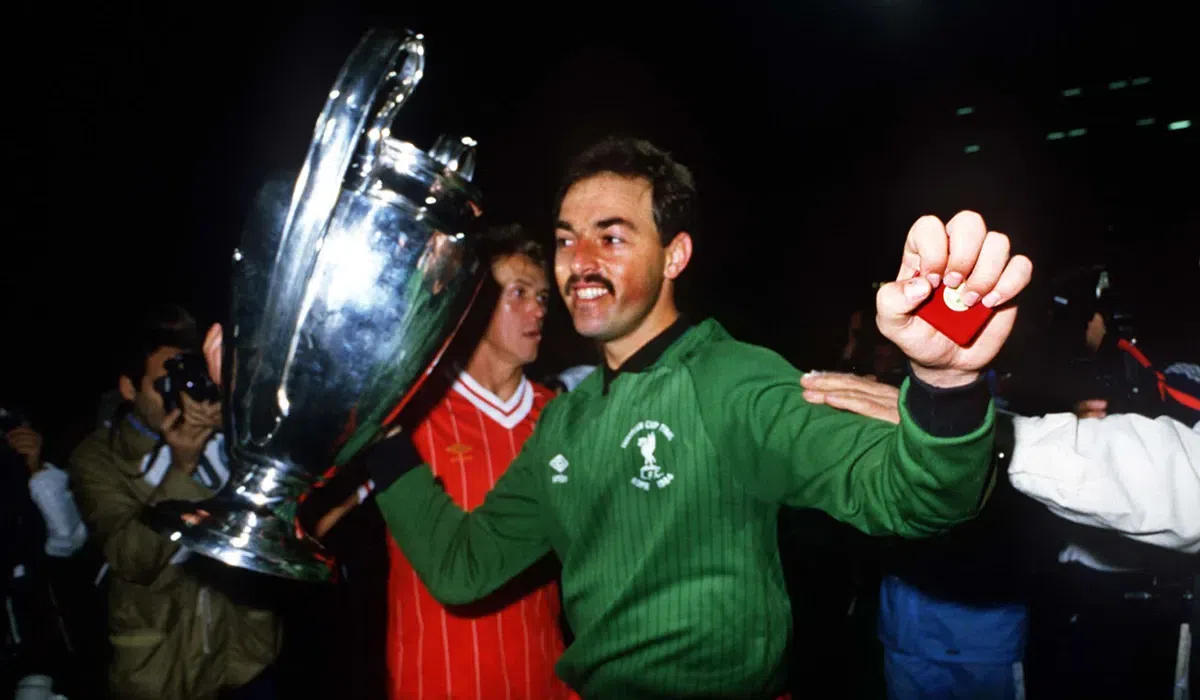



Facebook
Twitter
Pinterest
Instagram
Google+
YouTube
LinkedIn
RSS